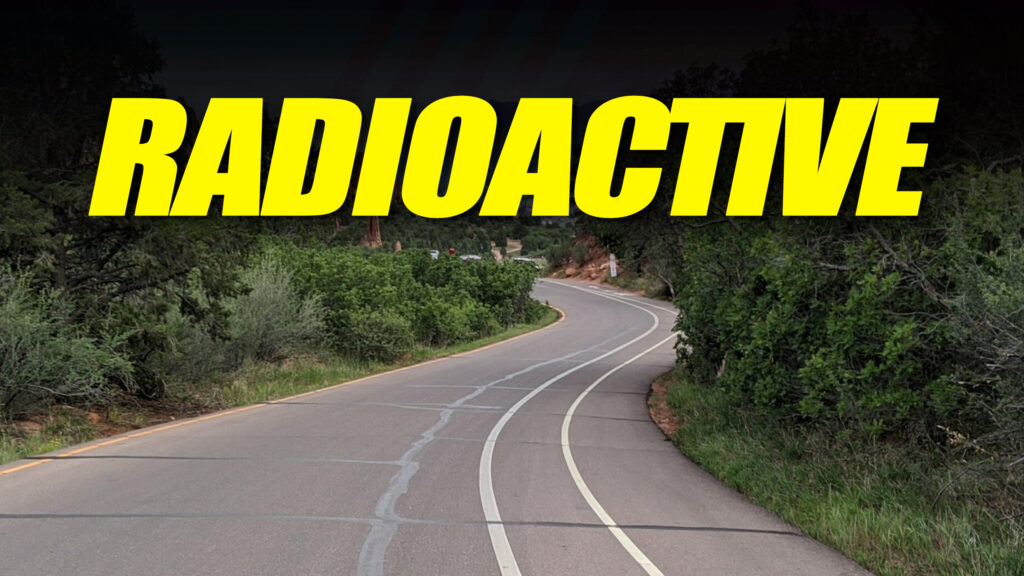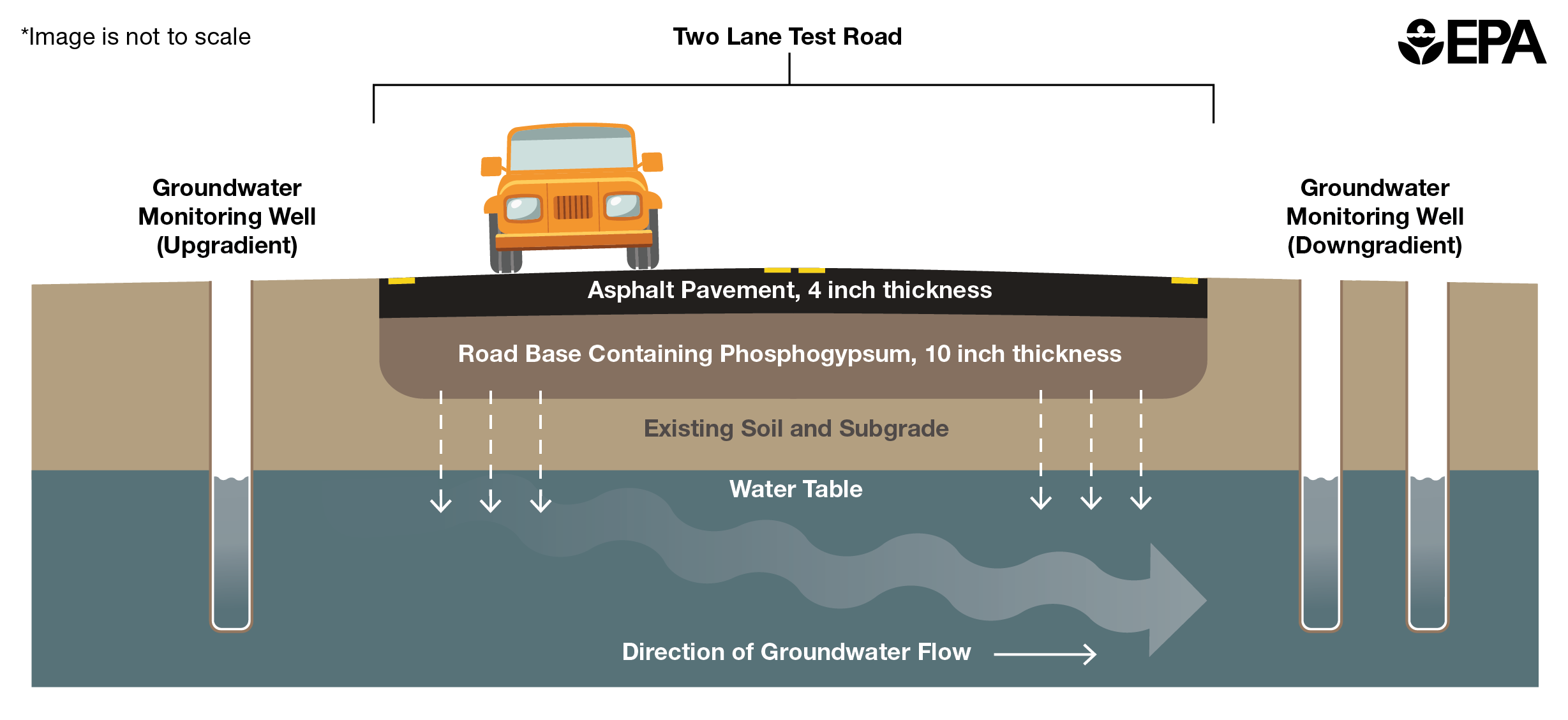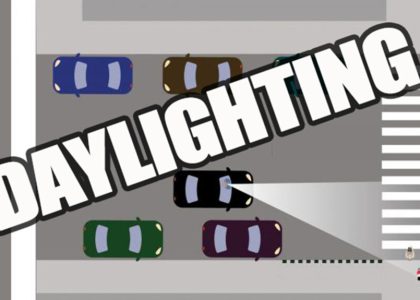
- Florida’s test road made with radioactive waste raises serious concerns about public health risks.
- The EPA claims keeping phosphogypsum under 4 inches of asphalt is as safe as a storage stack.
- The Biden administration reversed a 2020 Trump-era decision to use radioactive waste in roads.
A Florida company has been given the green light by the Environmental Protection Agency (EPA) to build a test road using phosphogypsum—a radioactive byproduct of fertilizer production. If that sentence makes you raise an eyebrow, you’re not alone. Phosphogypsum contains radium, which breaks down into radon gas, a substance widely associated with cancer risks. Predictably, this decision has sparked heated debate among environmental advocates and the general public alike.
The test road will be constructed on property owned by Mosaic Fertilizer in New Wales, Florida. Typically, phosphogypsum is kept in massive “stacks” designed to limit human exposure to the toxic material. Over time, the radium in these stacks decays, releasing radon gas into the atmosphere. Even the EPA itself acknowledges the health risks linked to this process, but in this case, it has decided to greenlight the use of the material under highly controlled conditions.
Read: Florida’s Roads One Step Closer To Using Radioactive Material Thanks To New DeSantis Law
According to the agency, the two-lane test road will consist of four sections containing phosphogypsum and four control sections that don’t contain the harmful material. Each section with phosphogypsum will be 500 feet long while the control sections with each stretch 300 feet. The material will be found in a 10-inch thick road base which will be topped by 4 inches of asphalt.
The agency insists the “proposed use of phosphogypsum is as protective of human health as placement in a stack.”. It also claims that members of the public are unlikely to come into direct contact with the material since the road is located on private property. For now, this remains a small-scale pilot project.

Public Concerns and Political Pushback
Mosaic Fertilizer’s proposal was open to public comment for a 30-day period from October 9, 2024, and then extended for a further 15 days. Most of the opposition came from using the material on public roads, which the EPA says was outside the scope of the project as it’s limited to a “small-scale pilot project on a private road.” The EPA approved the use of phosphogypsum in government road construction in 2020 under the Trump administration, but outgoing President Joe Biden withdrew this approval.
“[This] dramatically increases the potential for harm to our road crews and water quality,” Center for Biological Diversity attorney Ragan Whitlock told The Hill. “The EPA has bowed to political pressure from the phosphate industry and paved the way for this dangerous waste to be used in roads all over the country.” Whitlock called the decision “mind-boggling,” underscoring the broader concerns about regulatory capture and public safety.
While the EPA insists this project is safe, critics remain skeptical, pointing to the known health risks associated with phosphogypsum. Whether this experiment stays contained or leads to more widespread use of the material on public infrastructure remains to be seen. For now, the road may be private, but the debate about its implications is anything but.






